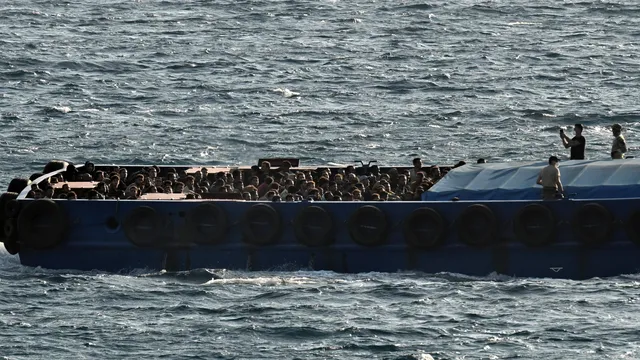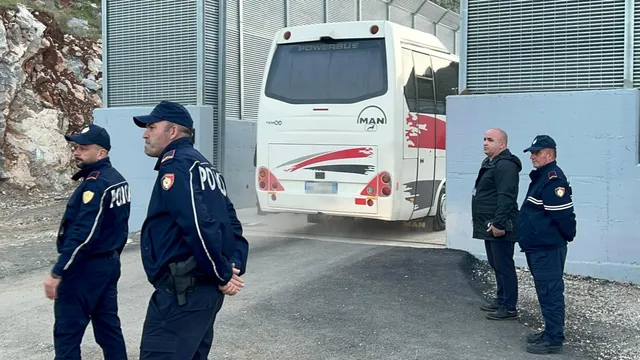The number of illegal migrants reaching the Greek island of Crete has fallen dramatically after the government announced a three-month suspension of asylum procedures. This was stated by Migration Minister Thanos Plevris.
However, the government's decision was condemned by human rights organizations, AFP reported.
An unprecedented influx of arrivals from Libya to the Mediterranean island of Crete this summer took Greece by surprise, as historically the more common migration route has been through the Aegean Sea, bordering Turkey.
Since the beginning of the year, more than 7,000 migrants have arrived in Crete and its small neighbor Gavdos, compared to 4,935 in 2024.
Their arrival sparked anger among the local population, including the key tourism sector, putting pressure on Prime Minister Kyriakos Mitsotakis' government and leading to a halt in the provision of asylum.
Migration Minister Thanos Plevris told public television ERT that Crete had received 2,642 migrants in the first week of July.
Arrivals have fallen to "under 900" since July 9, when the government announced the suspension of asylum hearings, he explained.
"The clear message that the country will not grant asylum for the next three months and that immigrants will be detained seems to have had an effect," Plevris said.
Humanitarian and migrant groups have accused Greece of violating international law after announcing the freeze on asylum, and the UN refugee agency has expressed "serious concern."
Mitsotakis, whose family is from Crete, has pursued stricter immigration policies since taking office in 2019.
His government followed the suspension of asylum with a proposed law that would allow migrants to be detained for up to two years for illegally entering the country — and up to five years if they are subsequently caught residing illegally in Greece.
Plevis said he hoped the measures would become law "by the beginning of September."
Greece's proximity to North Africa and the Middle East has long placed the country at the center of dangerous migration routes to Europe for people fleeing conflict, persecution, and poverty.
Human rights groups accuse Greek authorities of illegally returning migrants at the border, which the government denies. | BGNES

 Breaking news
Breaking news
 Europe
Europe
 Bulgaria
Bulgaria







